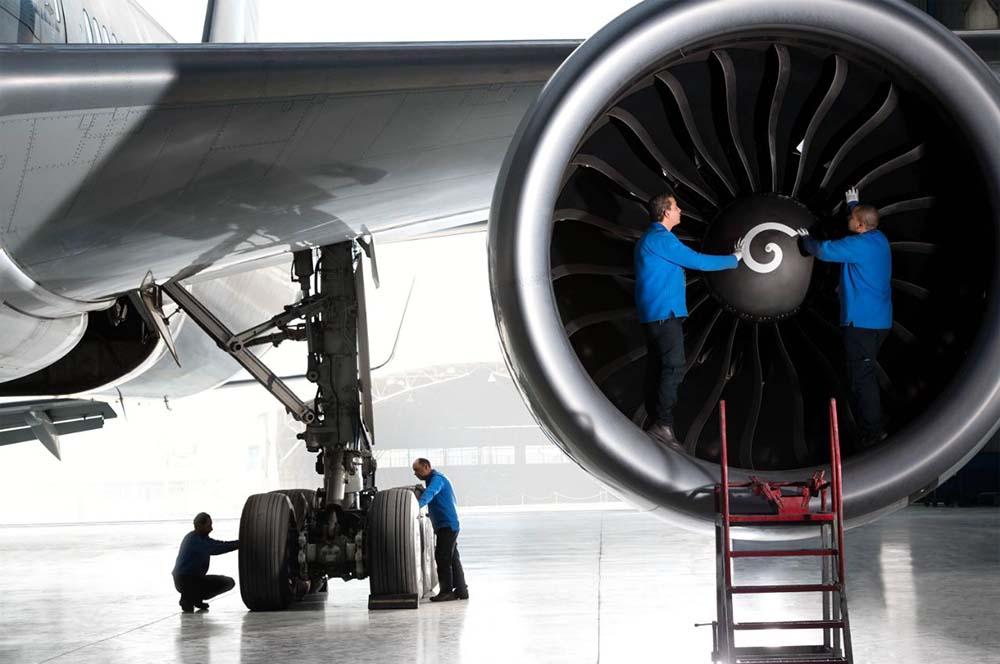
The industrywide technical skills shortage will continue in 2025, but some MROs are increasingly looking inward for a more consistent source for their required talent.
Experts at Turkish Technic are closely monitoring the rapid growth of the commercial fleet in Europe, Asia-Pacific and the Middle East, including orders in Turkey that will shape the upcoming maintenance demands for the next decade.
“We have been expanding our classroom and training workshop capacities and increasing the number of instructors,” says Turkish Technic CEO Mikail Akbulut. The company is also implementing new digital solutions to address those upcoming needs.
Turkish Technic’s training programs include Part 147 basic and type training courses, as well as mandatory training specified by the authorities. It also offers technical competence training, such as aircraft task, engine start-up, borescope and nondestructive testing training, designed to enhance the capabilities of maintenance technicians, according to Akbulut.
These programs are structured to meet both current industry demands and future capacity, while providing direct, practical learning experiences alongside theoretical knowledge, he adds.
Meanwhile, in Cairo, EgyptAir Maintenance & Engineering (M&E) has laid out several strategies to help attract and retain skilled technical workers. The MRO is recruiting recently graduated engineers, and it invests in their basic technical training to enhance their qualifications so they meet regulatory requirements for granting technical approvals.
“We are also prioritizing ongoing training and development programs to enhance the skills of our existing workforce and attract new talent,” says Ibrahim Fathy Zaki, chairman at EgyptAir M&E. This includes technical certifications, leadership development and soft skills training, he says.
Other considerations include what EgyptAir M&E says are competitive compensation and benefits, and strategic partnerships with OEMs aimed at helping it bridge the skill gaps and stay current with the latest technology.
While such measures are effective, Fathy Zaki recognizes that competition for talent remains intense. “We are actively exploring innovative solutions, such as apprenticeship programs and talent development initiatives, to address this ongoing challenge and to ensure the long-term success of our in-house MRO capabilities,” he says.
Following pandemic-induced supply chain challenges, the MRO industry has shifted toward creating more localized MRO ecosystems, as Akbulut attests. He notes that incorporating competent local firms as stakeholders in the in-house design, production and operations process creates a vibrant local ecosystem.
“This enables MROs to spread the technical aviation culture across the country while facilitating the development of more cost-effective solutions through internal competitive advantages,” he says.
For instance, Turkish Technic is targeting maintenance-related efficiencies in areas such as process improvements and the development of testing systems, tools and ground support equipment by utilizing these localized ecosystems.
In terms of materials supply, Turkish Technic is focused on building strong partnerships with aftermarket suppliers and OEMs to streamline the procurement and distribution of aircraft parts and materials. “These collaborations allow us to optimize turnaround times, reduce costs and enhance inventory management,” says Akbulut.





